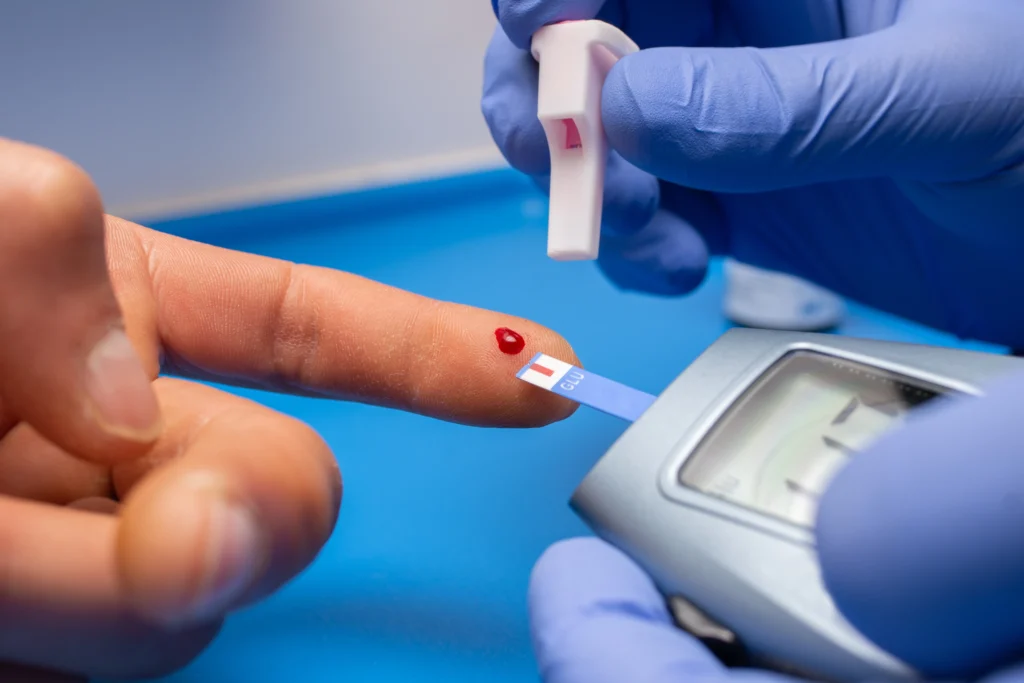Diabetes
Home / General Medicine / Diabetes
What is Diabetology
Diabetes is a chronic health condition that affects how your body turns food into energy. Under normal circumstances, your body breaks down most of the food you eat into sugar (glucose) and releases it into your bloodstream. When your blood sugar levels rise, your pancreas releases insulin, which acts like a key to let the blood sugar into your body’s cells for use as energy. However, in the case of diabetes, this process is disrupted.

Types of Diabetes
According to Dr. Mahendra Khandare, an experienced endocrinologist, there are primarily three types of diabetes:
Type 1 Diabetes: This is an autoimmune condition where the body attacks insulin-producing cells in the pancreas. It usually develops in children and young adults, although it can appear at any age. People with type 1 diabetes need to take insulin every day.
Type 2 Diabetes: This is the most common form of diabetes. It occurs when the body becomes resistant to insulin or when the pancreas is unable to produce enough insulin. Type 2 diabetes is often linked to obesity and tends to be diagnosed in older adults, though increasing numbers of younger people, including children, are developing it.
Gestational Diabetes: This type occurs during pregnancy and usually disappears after giving birth. However, it increases the mother’s risk of developing type 2 diabetes later in life.
Symptoms of Diabetes
Dr. Khandare emphasizes the importance of recognizing early symptoms of diabetes, which can include:
- Increased thirst and frequent urination
- Extreme hunger
- Unexplained weight loss
- Fatigue
- Blurred vision
- Slow-healing sores or frequent infections
Early detection and management are crucial to prevent the complications associated with diabetes.



